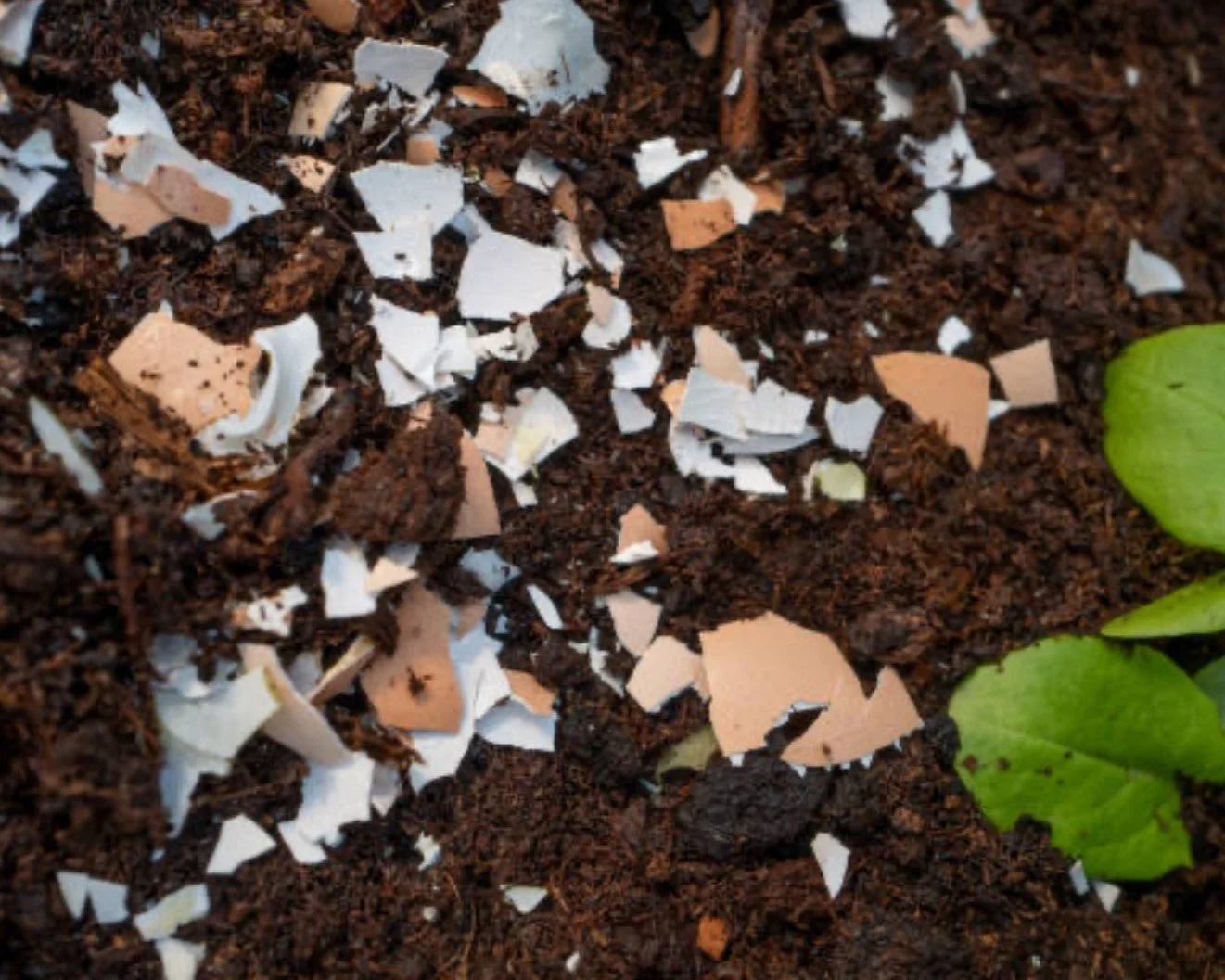Should I put eggshells in my garden?
It’s been a long held theory that putting eggshells into your garden will magically amend soil and deter pests, but this isn’t actually the case. Plants like strawberries, blueberries, kale and cabbage prefer slightly acidic soil and adding in eggshells can do more harm than good. While it is true that eggshells add calcium into soil and may help prevent blossom end rot, they also raise the pH of soil and affect growth habits. In addition, having a garden full of eggshells may also attract small rodents, creating a new host of problems.
Eggshells also take a long time to break down. One eggshell split into two can take years to decompose. That means that the calcium you need to help those growing tomatoes and cucumbers may not come as quickly as needed.
A better alternative is to rinse those eggshells and toss them into your compost bin. Rinsing is important to avoid salmonella contamination. If you’re feeling particularly energetic, you can crush or grind your eggshells into a fine powder to speed up the decomposition process.
Applying finished compost to vegetable gardens is always a healthier idea in my opinion. Heavy feeders need nitrogen (think tomato, squash, eggplant and peppers) and will benefit from a top off of compost each growing season. Think of this as the ‘pregnancy vitamin’ of soil amendments!
Which compost to choose? If you aren’t creating your own, I recommend sourcing locally from specialty nurseries. Products that promise miracle growth are more of a one size fits most mixture and don’t mimic organic growing conditions. Instead, choose a compost like leaf mold or mushroom compost to boost nutrients naturally.

